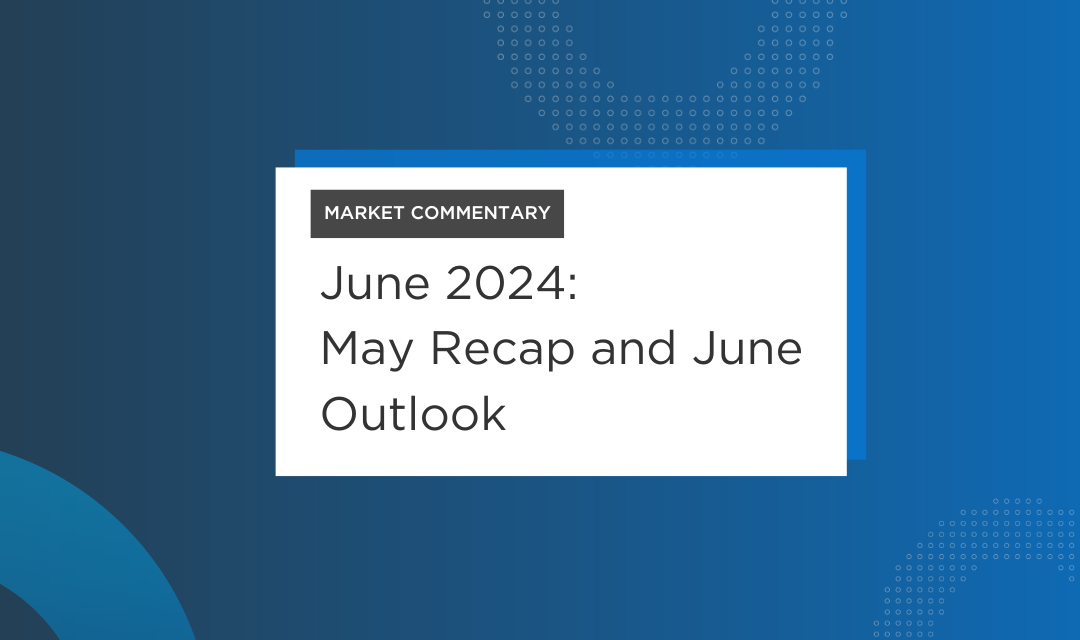The Top 12 Credit Card Mistakes People
It’s all too easy to make financial mistakes when you have your first credit card. If you don’t know how to preserve your financial standing and your credit score, it can be easy to fall into trouble. Millions of people every year make these same ten blunders while using their credit cards. You may be able to save money by avoiding these dangers if you’re alert and diligent. Read these twelve credit card mistakes people make to know what not to do.
1: Spending beyond one’s means
You should only put something on a credit card if you can pay it off in full when the bill arrives. If you don’t pay off the remaining sum, interest charges will be expensive. Buying the newest must-have item can seem like a good idea at the time, but it’s not a good idea financially if you can’t afford to pay off the bill when it comes due.
What to do instead: Create a budget with a modest amount of fun money. If you don’t have room in your budget for that cool new thing, add it to a wishlist and wait until next month.
2: Getting a card for the wrong purposes
As a result of the advertising, many individuals apply for credit cards despite not needing one. It might be the added miles or cash back you get for signing up for a particular card. However, don’t give in to clever marketing tactics. Obtaining a card should only be done for legitimate purposes.
What to do instead: Think about the features you’re looking for in a credit card, and then go out and pick the ideal one for your situation.
3: Folding to pressure tactics from salespeople
Store associates persistently offer us a 10% discount if we sign up for their credit card and use it today. Since retail credit cards often have quite high interest rates, saving 10% on a single purchase is likely to amount to little in the long run.
What to do instead: Before applying for a new credit card, it’s a good idea to shop around and see what terms and conditions other issuers provide. Applying for a retail credit card on the spur of the moment or because of an advertisement is a big no-no. Please do your homework before applying for a new card.
4: Using cash advance or payday loan schemes to pay your card balance
Taking out a cash advance on your credit card is a huge financial blunder. The interest rate for a cash advance is often greater than your standard interest rate. Using any money you don’t already have is also a poor decision. With cash advances, it’s astonishingly simple to build up interest charges that cost hundreds, if not thousands, of dollars. Any cash advance should be used only in an emergency as a last resort because they’re designed to ensnare you in inescapable debt.
What to do instead: Do your best to pay your card balance on time or ask for a loan from your bank to help pay it. A bank loan is likely to have a lower interest rate. Pawn something. Ask for help from family and friends. Anything but a payday loan – we’re serious
5: Spending too much on your card
From a financial and credit score perspective, it’s a terrible idea to use more of your available credit than you need. A worse score might result from even exceeding your credit limit. The proportion of your available credit being used is known as your debt usage ratio, and it plays a significant role in calculating your credit score.
What to do instead: Only use up to 30 percent of your available credit at any time. Therefore, the maximum monthly charge you should make on a card with a $10,000 credit limit is $3,000.
6: Not getting all the information
There is always a small print in credit card agreements. You must read and comprehend the card’s terms and conditions. Find out precisely the promotional interest rates or how many points you may earn and how they are calculated. These specifics may be hard to comprehend and tedious to read, but they are where all the meaty information is laid out.
Credit card agreements might seem daunting at first, but familiarizing yourself with the terms of your particular card can help you better grasp how it functions. The agreement provides much information concerning your card’s interest rates, fees, restrictions, and more.
Credit card contracts include a dictionary of key phrases and information on how interest will be computed.
What to do instead: Knowing some common credit card jargon may be beneficial. Reading it all might help you prevent unpleasant surprises.
7: Paying the bare minimum
This is a common blunder made by buyers. You put a thousand dollars on the card and find out the minimum monthly payment is twenty-five dollars. Although the initial cost may seem reasonable, the cumulative interest costs over time may be prohibitive.
Don’t become stuck in the habit of paying the bare minimum. While it’s wise to put some of your monthly surpluses into savings, you should know that the average savings account earns very little return compared to the interest you pay on your credit card debt. Paying off your credit card might be more beneficial since you’ll avoid paying interest on the balance.
What to do: Instead of carrying a debt from one month to the next, try to pay off your credit card in whole and on time every month. If you can’t afford to pay that much off every month, pay as much as you can.
8: Obtaining the incorrect kind of care
For the wrong reasons, many people apply for a new credit card. You shouldn’t choose a new card based on an ad you see on TV; think carefully about your options. Instead, you should figure out why you need a new card and then do some in-depth study on your possibilities before making a final decision.
Is it necessary to switch your balance from a high-interest card to a low-interest card while the rates are still low? Need a credit card with a low-interest rate that won’t go up? A business card? You should receive a new card for any of these reasons.
What to do instead: Shop around and evaluate other offers to receive the best card for your financial needs.
9: Possessing an excessive number of credit cards
This is a typical snare. Promoting new credit card products, programs, and special offers is a constant tactic used by credit card firms. Avoid applying for a bunch of new credit cards all at once. This might raise red flags with potential lenders and lower your credit score. The damage to your credit rating is another potential consequence.
Even if a new card is released, you shouldn’t close an old one. Your credit score considers the length and variety of your account histories.
What to do instead: Call your credit card provider and ask to be converted from one card type to another if the same business issues the new card you want. All of this happens behind the scenes, and although you may miss out on the promotional offer you were hoping for, you will get the replacement card you requested.
10: Making Late Payments
The Consumer Financial Protection Bureau (CFPB) says a credit card payment will only be deemed on time if received before 5 p.m. on the due date. Missing your payment deadline might come with various penalties. For example, issuers might levy a fee the first time your credit card payment is late. And issuers may often levy an even greater late fee if you’re late again during the following six billing cycles.
Payment history is also an essential aspect of credit rating, according to the CFPB. Your ratings might take a knock whenever a payment is 30 or more days past late. And that type of negative information may linger on your credit reports for seven years—at least.
What to do instead: Consider utilizing automated payments or setting a reminder a few days before the payment is due to assist yourself in remembering.
11: Reckless Card Cancellation
You may cancel your credit card account whenever you choose by contacting or going online to your credit card issuer. To have your account canceled, the CFPB requires that any outstanding balances be paid in full. The agency also says your card issuer is entitled to charge interest on what you owe.
However, there may be further consequences to canceling the account. If you do this, there’s also the potential for a shorter credit history.
What to do instead: Avoid using too much of your available credit. If you have numerous credit cards, canceling one could boost the proportion of available credit you’re utilizing. Therefore, it might be beneficial to carefully analyze the repercussions of canceling an account.
12: Waiting to report your card lost or stolen
Whether your actual card is taken or merely your credit card information, your responsibility for fraudulent purchases levels out at $50. The Truth in Lending Act states that. But that’s only if the bogus charges are investigated and validated. And reporting them is the first step toward that outcome.
The liability for purchases made using a lost or stolen credit card may be waived if the card is reported missing and canceled before it is used. That’s because certain credit card providers could waive your accountability for any fraudulent transactions.
What to do instead: The key is to report a misplaced or stolen credit card as soon as possible.
Make the most of mistakes
Mistakes happen. But learning from them may help you prevent repeating them. Furthermore, foreseeing prospective issues might assist you in avoiding making any blunders. Hopefully, this list helps you achieve it. Also, it might be beneficial to learn what positive credit habits you can form.
SOURCES USED:
https://smartasset.com/insights/what-is-the-wealth-gap
https://www.piie.com/microsites/how-fix-economic-inequality
https://belonging.berkeley.edu/six-policies-reduce-economic-inequality
DISCLOSURES
Investment advisory services offered through TCG Advisors, an SEC registered investment advisor. Insurance Services offered through HUB International. Tax services offered through RPW Solutions. Although the information in this blog has been compiled from data considered to be reliable, the information is unaudited and is not independently verified.
Tax services offered through RPW Solutions. TCG Advisors does not provide tax, legal or accounting advice. This presentation was prepared for information purposes only, and is not intended to provide, and should not be relied on for, tax, legal or accounting advice. You should consult your own tax, legal and accounting advisor before engaging in any transaction.
This website is not authorized for use as an offer of sale or a solicitation of an offer to purchase investments. This website is for informational purposes only and does not constitute an offer to sell, a solicitation to buy, or a recommendation for any security, or as an offer to provide advisory or other services in any jurisdiction in which such offer, solicitation, purchase or sale would be unlawful under the securities laws of such jurisdiction. TCG.28.2023


